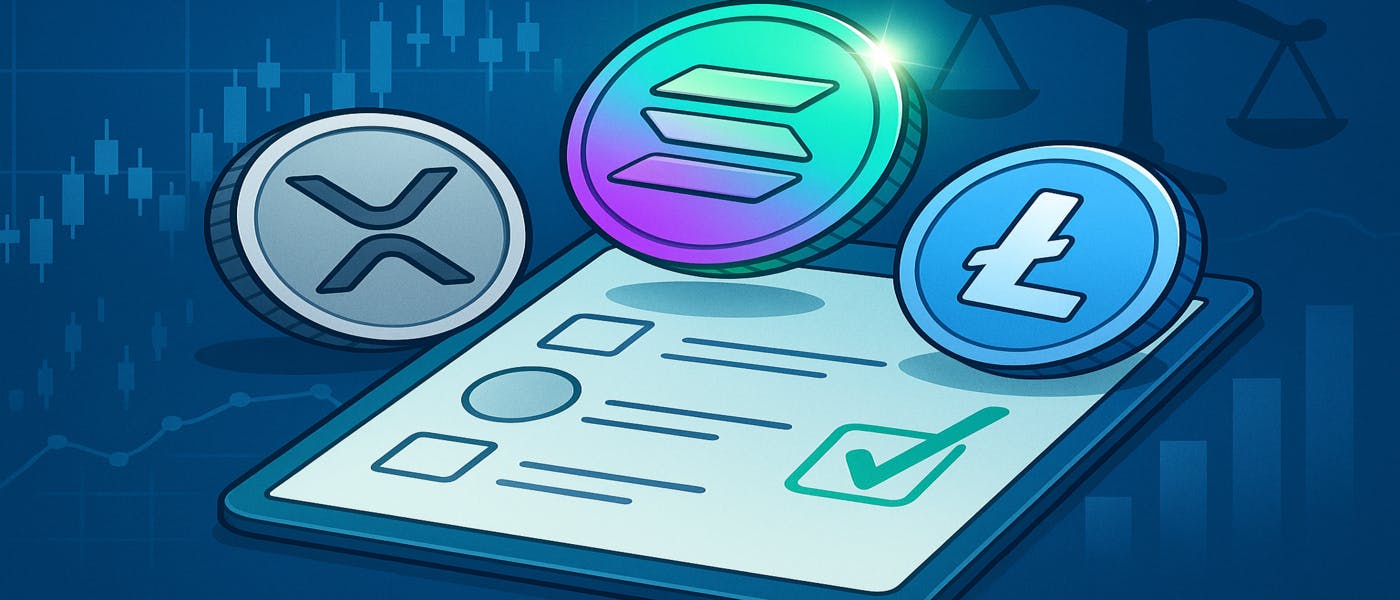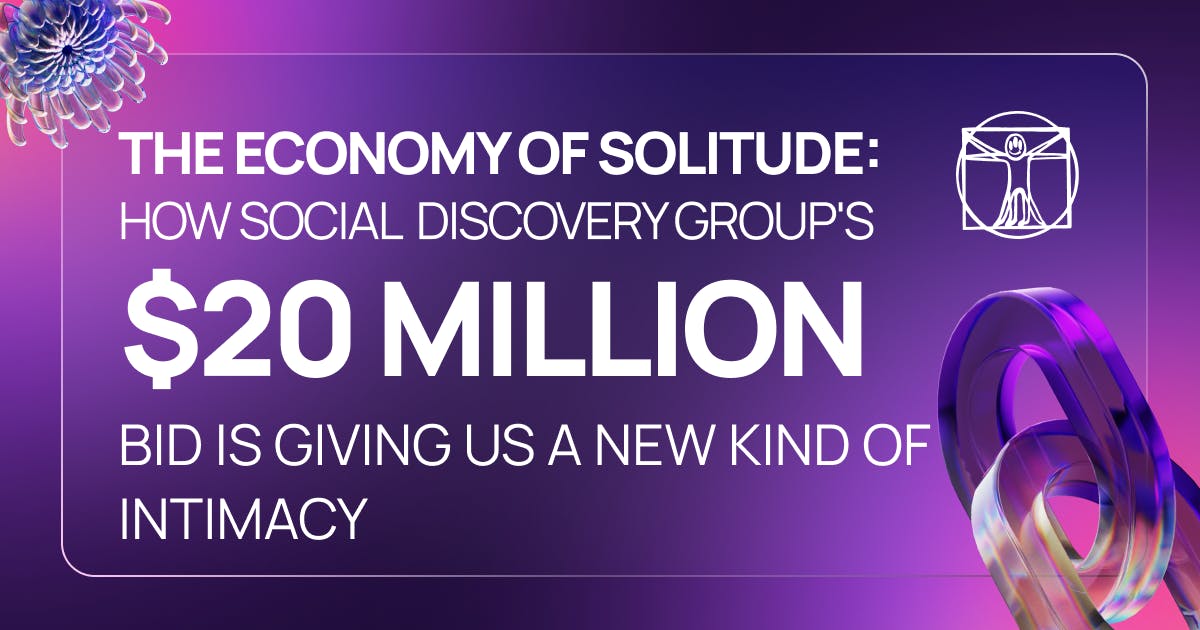The crypto Exchange Traded Fund (ETF) landscape has changed completely in the last year or so after the approval of the first batch of spot Bitcoin ETFs by the US Securities and Exchange Commission (SEC). The regulatory tide has turned completely in favour of the digital currency sector.
The new Trump administration especially favours the crypto economy and has responded positively to mounting pressure from institutional investors who believe it is time for more crypto ETFs and other financial products. New SEC chair Paul Atkins has taken an entirely different line of policy as compared to his controversial predecessor, Gary Gensler, who often acted as a major roadblock. Now, the debate is around which cryptocurrencies will get an ETF in the near future rather than whether it will happen or not.
XRP, Solana, Litecoin: Top 3 Contenders of the Next ETF?
According to Bloomberg analysts Eric Balchunas and James Seyffart, several major digital currencies are facing better odds for new ETF approvals by the securities regulator.
Solana, Litecoin, and Ripple’s XRP top the list right now, with the first two commanding a 90% likelihood of ETF approvals and XRP as high as 85%.
This estimation is up significantly from around 65% just a few months ago, which shows just how much the tide has turned in their favour. The seasoned analysts cite expanding demand at the institutional level, friendly SEC leadership, and greater regulatory clarity for this move. The relative success of existing crypto ETFs also makes it much more likely.
Crypto ETFs Approval Odds
Ripple-backed XRP has witnessed the most improvement when it comes to ETF approval odds during the last couple of quarters. The fourth-largest cryptocurrency by market capitalization won a major lawsuit against the SEC, and eventually the latter had to drop it. This helped clear major legal hurdles standing in the way of its ETF approval. Several major asset managers running ETFs, including Bitwise and Grayscale, already have pending XRP ETF filings before the SEC. Since the uncertainty around the legal situation is out of the way, approval is highly likely.
On the other hand, major digital assets like Solana and Litecoin have compelling cases of their own. Litecoin especially clears legal hurdles more compellingly because it is already classified as a commodity by the Commodities and Futures Trading Commission (CFTC) of the United States.
Solana, on the other hand, is lacking in such a qualification, but it is riding a wave of major institutional interest, especially because of its growing meme coin culture, DeFi footprint, and use in Non-Fungible Tokens (NFTs). Solana is also much more valuable than Litecoin, but the latter is much older than the former, which brings the two almost at par with each other in ETF approval estimations.
Certainly, other digital assets are looking to benefit from ETF approvals too. They include Dogecoin and Hedera, each with an 80% approval chance according to Bloomberg analysts. Cardano, Avalanche, and Polkadot each have around a 75% chance of approval. Currently, a Cardano ETF has been filed by Grayscale, while applications regarding Polkadot and Avalanche are in the pipeline as well and are currently under review by the SEC.
Despite the rising optimism, in recent weeks, there has been some pushback from the SEC regarding these ETFs. The SEC hasn’t provided concrete reasons behind this delay and has even pushed back rulings on Ethereum ETFs as it looks to avoid any attached staking mechanisms. Fidelity and Franklin are proposing staking mechanisms, but the SEC believes that such a move classifies them as securities, and as a result, an ETF would not be possible.
However, despite these short-term delays, the legal paradigm has certainly shifted in crypto’s favour in recent years. There are bipartisan legislations in place for digital assets, and with the change in the SEC leadership, the historic stance against crypto has changed considerably. ETFs are incoming, and while they can certainly be delayed, they cannot be stopped.
According to Balchunas and Seyffert:
“If the SEC approved Bitcoin and Ethereum under these structures, it would become harder to justify a rejection for comparable assets.”
ETF issuers are currently busy updating their filings with the SEC to address any concerns from the top regulator. Recent proposals include more detailed surveillance-sharing arrangements, improved pricing strategy, and robust security arrangements of the underlying digital assets. These changes are part of the extensive routine to get an ETF approved in the USA, and the same happened last year during the contested approval of the first Bitcoin ETFs. The biggest concerns regarding market manipulation and investor protection are expected to remain.
The top regulating body has delayed rulings on several of these ETF filings, including Franklin Templeton’s filings for XRP and Solana, as well as Grayscale’s Hedera and Cardano ETF applications.
Bloomberg analysts paint an optimistic picture for ETF approval in the US, especially when it comes to top altcoins. According to them, the second half of 2025 will see an altcoin ETF approval, and even if one is allowed, it will result in a snowball effect, and with time, a wide range of such financial instruments is expected to be allowed in the immediate future. The crypto market is exploding in the USA, and we may be on the verge of the next major expansion.













